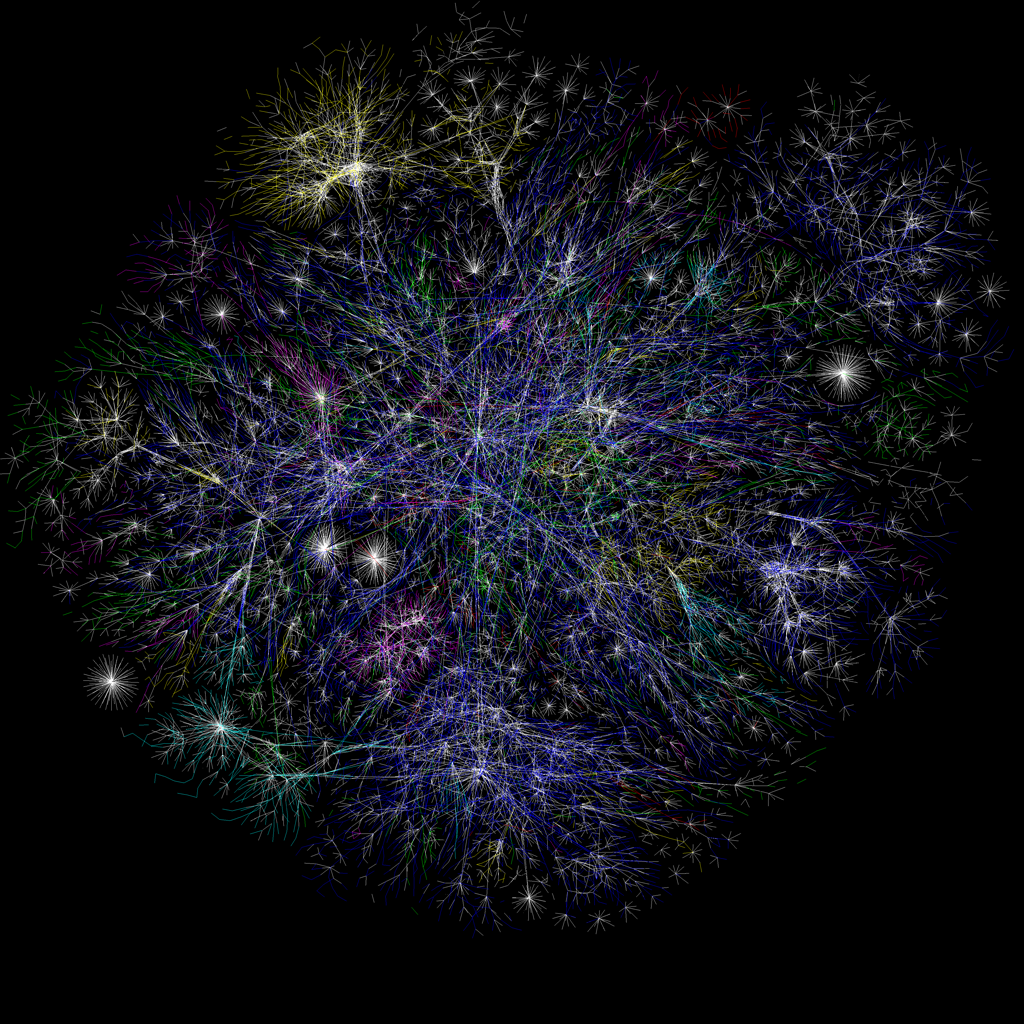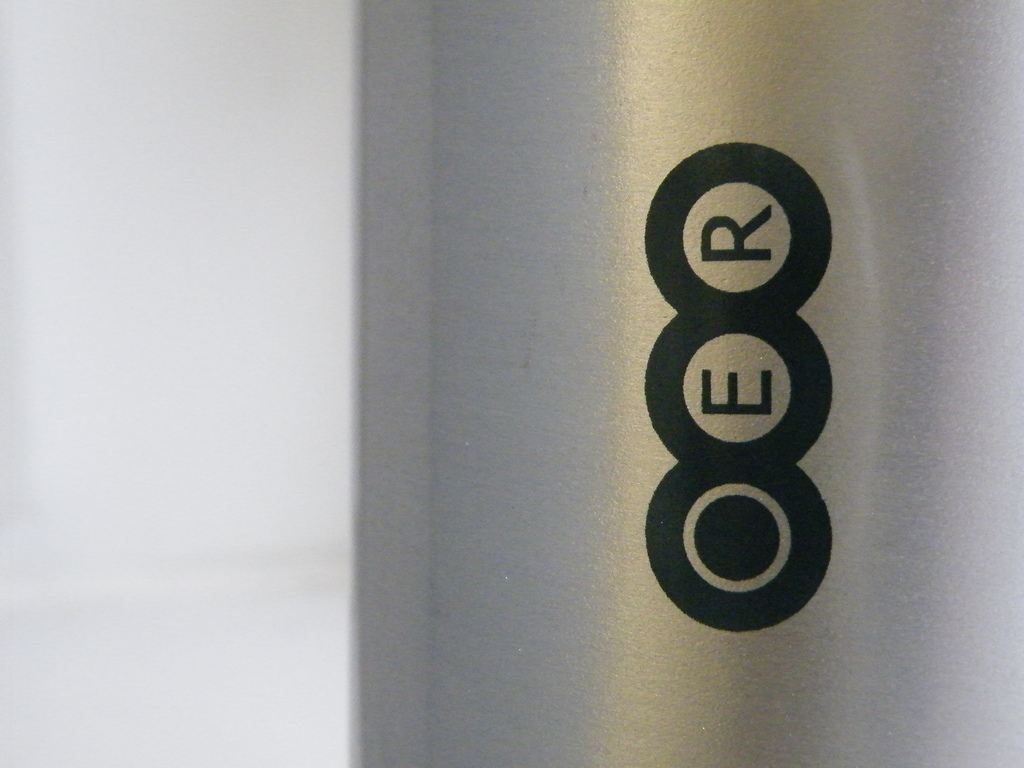Openness: A Common Property? #h817open
This is my final submitted digital artefact for the Open Education MOOC course (#h817open). The images and music used in this presentation are all Creative Commons licensed content. This is a reflection on the notion of “openness” and what interests me the most is what is this thing called “openness” and how and why is […]



